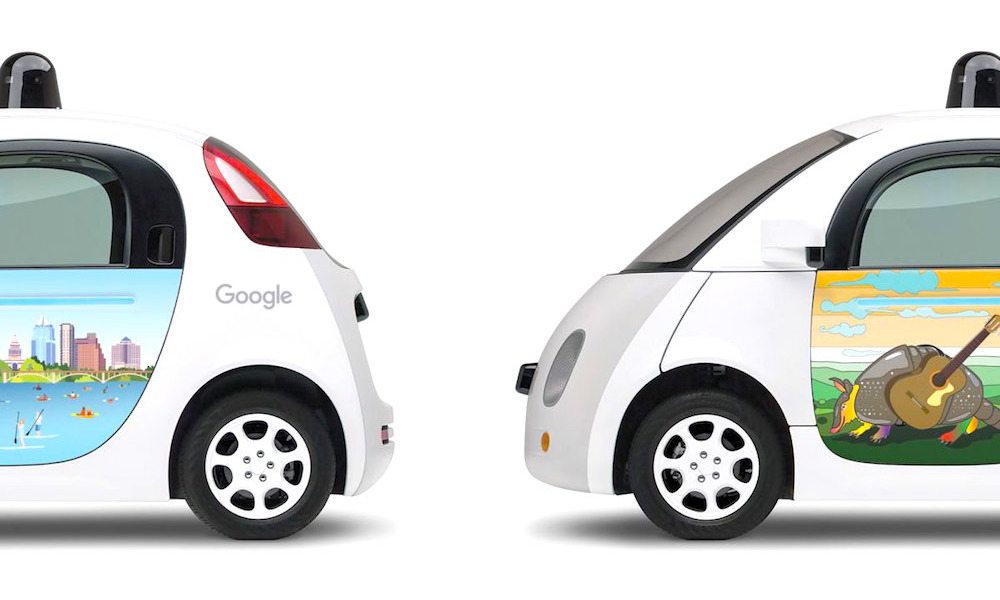Legislation for Looser Restriction on Self-Driving Cars Passes Unanimously

Toggle Dark Mode
Congress has just passed a new piece of legislation that could make self-driving cars a mainstream reality much sooner.
The U.S. House of Representatives on Wednesday unanimously approved a bill that aims to speed up the deployment of self-driving cars. The Self Drive Act, as the bill is dubbed, will expand tech companies’ ability to test autonomous vehicle systems on public roads, and it lays out a roadmap for the research and development of autonomous systems, Reuters reported.
The Self Drive Act will allow companies to start deploying self-driving vehicles without meeting existing safety standards — such as the requirement that autonomous vehicles must have a human controller at the wheel. The legislation would also place control of self-driving regulations firmly in the hands of federal lawmakers, as it will block states from barring self-driving vehicle testing. When it rolls out, the bill will allow for firms to field up to 25,000 in the first year, with that cap potentially rising to 100,000 vehicles annually over three years.
But the bill will also require automakers to be transparent about their approach to privacy and security. According to the Washington Post, that’s been a key concern since researchers demonstrated just how easily cars can be hacked and commandeered remotely. The Self Drive Act also seeks to amend Department of Transportation regulations concerning the definition of certain car parts. For example, language dictating the additions of steering wheels and brake pedals could conflict with self-driving cars that don’t have those components.
The legislation isn’t law just yet, however. Before it comes into effect, the Senate has to approve its own version of the bill. There’s currently no timeline on when that could be, as Congress’ agenda is already filled with arguably higher-profile issues such as taxes and immigration, WaPo reported. Still, it’s an important first step that could help autonomous vehicles enter the market much quicker.






